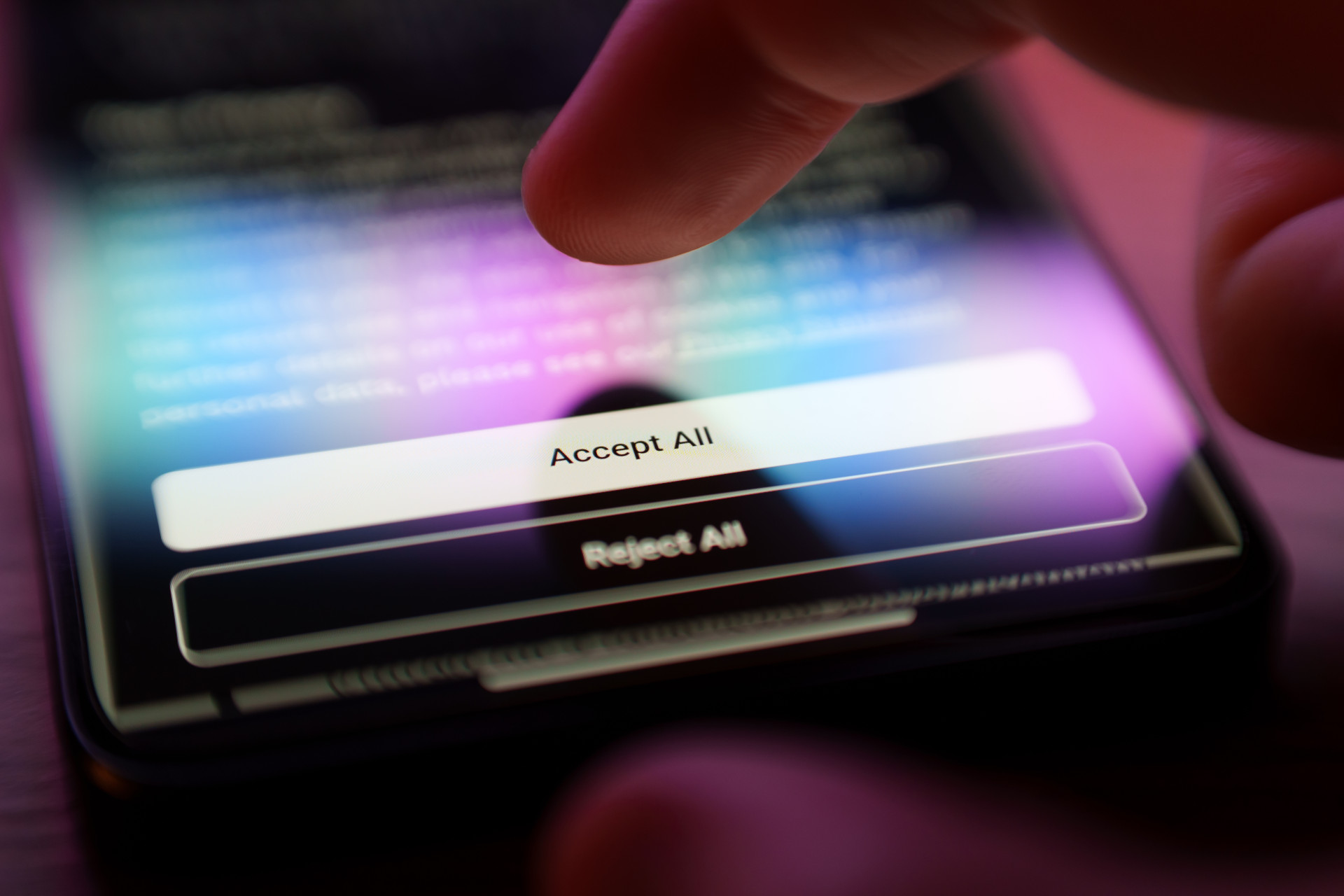Security
How do you protect your laptop from a malicious attacks, threats and vulnerabilities | Storm Internet

Your laptop is vulnerable to different types of attacks. Sure, you’ve crafted a strong account password: it’s 12 characters long and mixes upper and lowercase letters with random numbers and symbols. But what does this protect you against and is it even effective?
Let’s get some perspective. The average cost of a data breach to a small business is anywhere between £35-65k, and this reaches as much as £1.5 million for larger organisations. And that’s just for one data breach! Considering 90 per cent of large organisations reported a data breach in 2014 alone, you can only begin to imagine the overall financial damage. A case in hand, Nationwide in 2007 was fined £980,000 when an employee’s laptop was stolen from his home, causing a data breach of over 11 million customers’ personal information.
So, what can be done to protect companies and employees from such incidents?
A password (one that it isn’t written on a post-it note and stuck to your screen) is the first line of defence against someone tampering with your laptop while you are away from the keyboard. But beyond this scenario, your password really isn’t doing much to protect your laptop and the data contained in it. If your laptop falls into the wrong hands, the hard drive can be removed and put into another computer to bypass your password and immediately gain access to all your juicy information.
What can you really do to protect from a malicious attack?
Physical Attacks
If you work in an office, your company may (should) use a security device called a Kensington lock. One end has a small T-bar that locks into to your laptop via the “k-slot” (small, metal hole located along one side of your laptop). The other end physically secures your laptop to a solid and relatively fixed object, such as the desk. The lock will either use a key or a combination code to unlock. This stops anyone from walking off with your laptop and make burglars think twice about raiding your office.
But what happens when you are out of the office? How do you then protect against theft? Vigilance is the main weapon but there are several measures you can take to keep your data secure even in the event of a lost or stolen laptop.
Good Laptop Security Habits
Good security habits when travelling or just working off-site are essential. The following will help protect you and your data from a variety of different attacks from opportunist to deliberate, targeted attacks:
- Ensure your laptop’s anti-viral software is up to date and that all OS security update patches have been installed. This is to help combat attacks from unfriendly websites or emails.
- Always lock your screen when away from the keyboard and configure your laptop to lock itself after five minutes of being idle.
- Disable CD or USB booting in the BIOS settings of your laptop to prevent malware being installed. Or to protect your account password being attacked using a password-guessing or resetting program.
- Password-protect your laptop’s BIOS to prevent anyone from re-enabling the USB boot-up options.
- If possible, use a secure VPN instead of the free hotel Wi-Fi and consider using a travel router/firewall. This will help prevent another user from hijacking your connection and gain access to your email or cloud storage
- If you need to leave your laptop in your hotel room, lock it in the safe to prevent anyone from tampering with it.
- Always shut down your laptop when you finish working, especially in an unsecure place such as a train or airport. Do not simply close the screen or leave it in standby mode. This is to ensure that other security features can be evoked such as disk encryption.
- Encrypt your hard drive to prevent anyone from bypassing other security features by removing it from your laptop and connecting it to a different computer.
- Adopt robust backup habits. If your laptop is lost, stolen or gets damaged, you will still have access to your data. Back-ups also help in the fight against ransomware.
All this may seem paranoid. And there are a lot of passwords and codes to remember, but Storm Internet can help to make the process simple. Storm’s managed cloud servers ensure your data is kept safe and secure in any given circumstances, protecting yourself and your business from breaches that not only cost money, but customers trust. Given the amount of sensitive data stored on a laptop or other systems your laptop is the gatekeeper for, this isn’t a step you’ll want to overlook.
Speak with a Storm Expert
Please leave us your details and we'll be in touch shortly
A Trusted Partner








